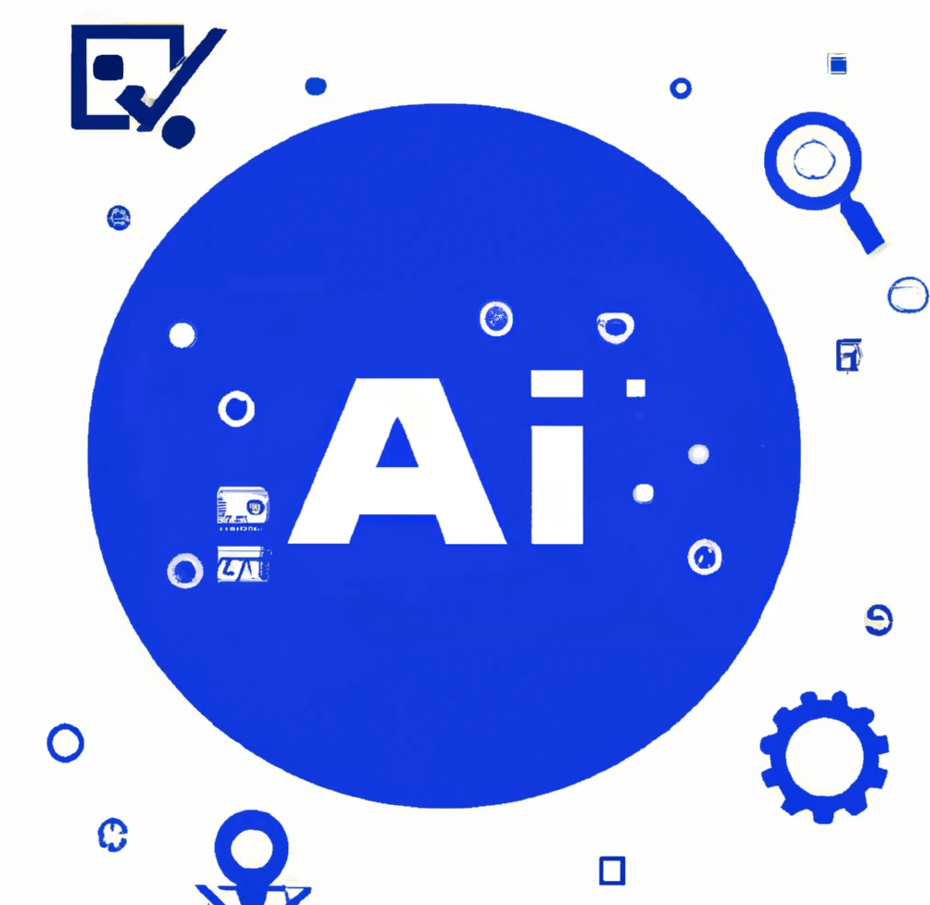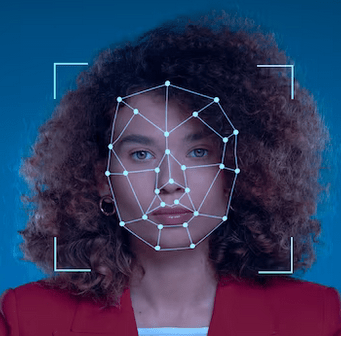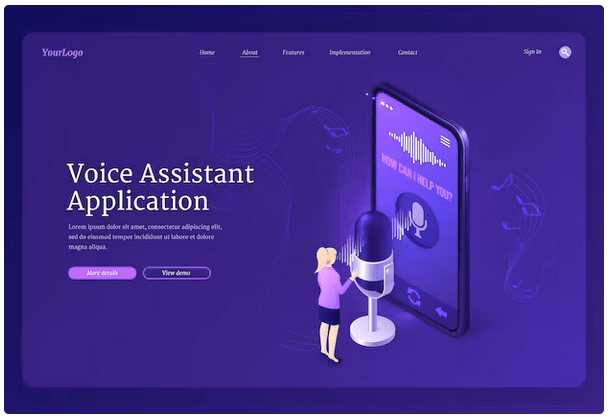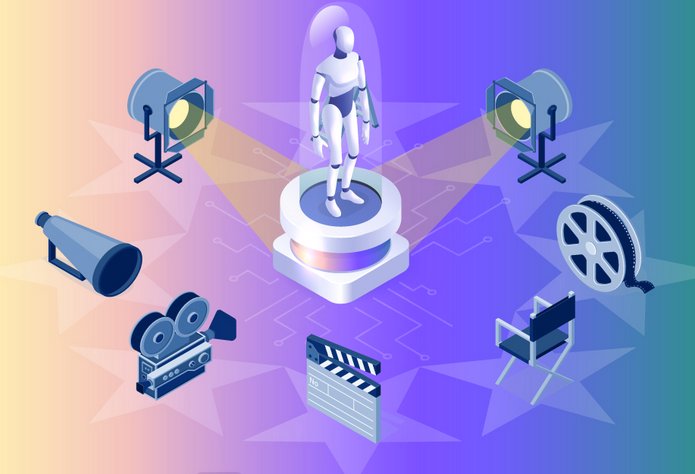
AI in Entertainment: How Machines Are Shaping the Future of Fun
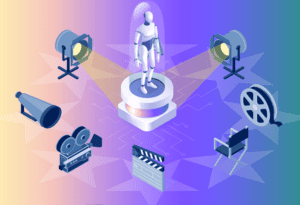
The world of entertainment has always been about pushing boundaries, igniting imaginations, and delivering unforgettable experiences. From movies and music to gaming and live performances, the entertainment industry has never shied away from embracing cutting-edge technology. In recent years, one technology, in particular, has taken center stage – Artificial Intelligence (AI). In this blog, we’ll dive into the exciting realm of AI in entertainment and explore how machines are shaping the future of fun.
How AI in Entertainment are shaping the future of fun.
1. Content Creation and Personalization:
AI-driven algorithms are transforming content creation across various entertainment domains. In music, AI can compose original pieces or generate background tracks. For filmmakers, AI can assist in scriptwriting and even predict box office success based on historical data. Streaming platforms use AI to recommend personalized content, keeping users engaged and entertained.
2. Visual Effects and Animation:
AI-powered tools are revolutionizing the world of visual effects and animation. Machine learning algorithms can generate lifelike CGI characters, simulate natural phenomena, and enhance post-production processes, reducing costs and time. This technology is bringing breathtaking visuals to both big and small screens.
3. Gaming and Virtual Worlds:
AI has been a driving force in the gaming industry for years. It powers non-player characters (NPCs) with advanced behaviors, generates procedural content, and enhances graphics through real-time ray tracing. AI also plays a role in player matchmaking and adapting gameplay based on individual preferences.
4. Chatbots and Virtual Assistants:
Entertainment venues and websites employ AI-driven chatbots and virtual assistants to enhance user experiences. From providing information about events to processing ticket bookings, these AI-powered interfaces offer convenience and efficient customer service.
5. Live Performances and Artistic Expression:
AI is blurring the lines between man and machine in live performances. Musicians use AI to create digital symphonies, while visual artists experiment with AI-generated artwork. AI can even manipulate real-time visuals during concerts, creating immersive experiences for the audience.
6. Content Curation and Discovery:
Streaming platforms like Netflix and Spotify rely heavily on AI for content curation. These platforms analyze user data to recommend movies, TV shows, songs, and playlists tailored to individual tastes. AI is the unseen hand that keeps users engaged and entertained.
7. Content Restoration and Preservation:
AI is playing a crucial role in restoring and preserving classic entertainment content. Machine learning algorithms can remove scratches and imperfections from old films, enhance audio quality, and colorize black-and-white footage, bringing timeless classics back to life.
8. Storytelling and Narrative Generation:
AI is evolving into a storyteller. Generative models like GPT-3 can craft engaging narratives, whether it’s generating plotlines for video games, creating interactive stories, or even penning news articles. AI’s ability to generate content is pushing the boundaries of creative storytelling.
9. Audience Engagement:
During live events, AI is engaging with audiences in real time. Chatbots on social media platforms and virtual fans in stadiums create a sense of community and participation, even for remote viewers.
10. Predictive Analytics and Audience Insights:
AI is helping entertainment companies make data-driven decisions. Predictive analytics can forecast box office success, predict the popularity of songs, and inform marketing strategies. Audience insights gleaned from AI analysis aid in tailoring content to meet audience preferences.
Conclusion: The AI-Powered Era of Entertainment
The integration of AI in entertainment is not about replacing human creativity but enhancing it. Machines are becoming creative collaborators, streamlining processes, personalizing experiences, and expanding the possibilities of what’s achievable in the world of entertainment. As AI continues to evolve, we can expect to see even more exciting developments in how machines shape the future of fun, delivering unforgettable experiences to audiences worldwide. The entertainment industry, always at the forefront of innovation, is poised to create a dazzling future where man and machine harmoniously entertain the world.
Frequently Asked Questions:
Q1: What is the primary focus of the blog post, “AI in Entertainment: How Machines Are Shaping the Future of Fun”?
Answer: The primary focus of the blog post is to explore the significant impact of Artificial Intelligence (AI) in the field of entertainment and how it is shaping the future of fun by enhancing content creation, personalization, and user experiences.
Q2: How does AI contribute to content creation in the entertainment industry?
Answer: AI contributes to content creation by automating tasks such as scriptwriting, video editing, and music composition, making it more efficient and enabling creative professionals to explore new possibilities.
Q3: What are some key applications of AI in entertainment discussed in the blog?
Answer: The blog discusses various applications of AI in entertainment, including recommendation systems, deepfake technology, virtual reality, and AI-generated content.
Q4: How is AI used in personalizing entertainment experiences for users?
Answer: AI personalizes entertainment experiences by analyzing user preferences and behavior to recommend content, tailor advertising, and create immersive experiences that cater to individual tastes.
Answer: Yes, the blog addresses ethical concerns related to deepfake technology and the impact of AI on job roles in the entertainment industry. It also highlights the need for a balance between AI-driven content and human creativity.
Q6: What is the future outlook for AI in entertainment, as discussed in the blog?
Answer: The blog provides insights into the future of AI in entertainment, discussing emerging trends such as AI-generated virtual influencers, interactive storytelling, and the continued evolution of AI-driven entertainment experiences to shape the future of fun.
